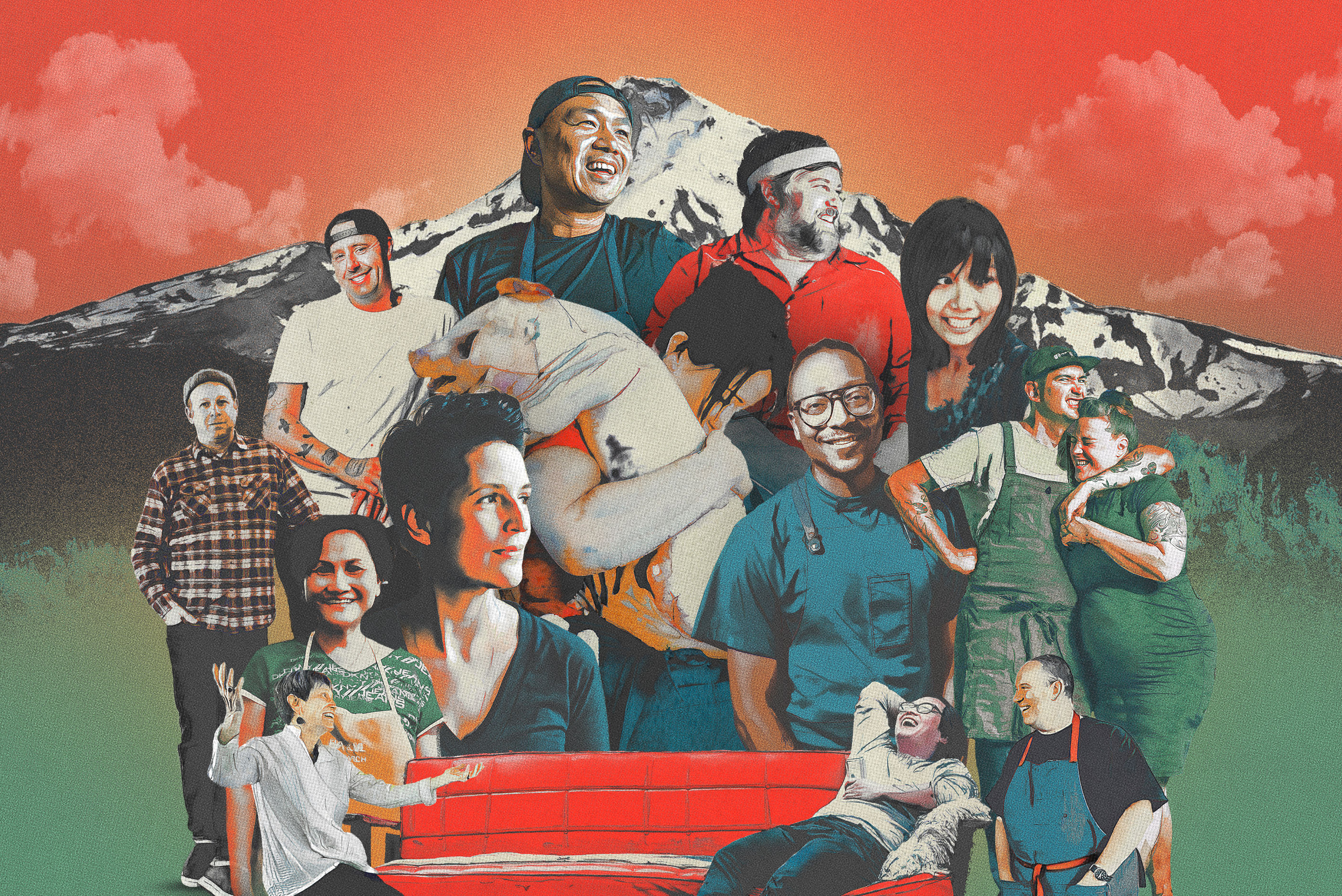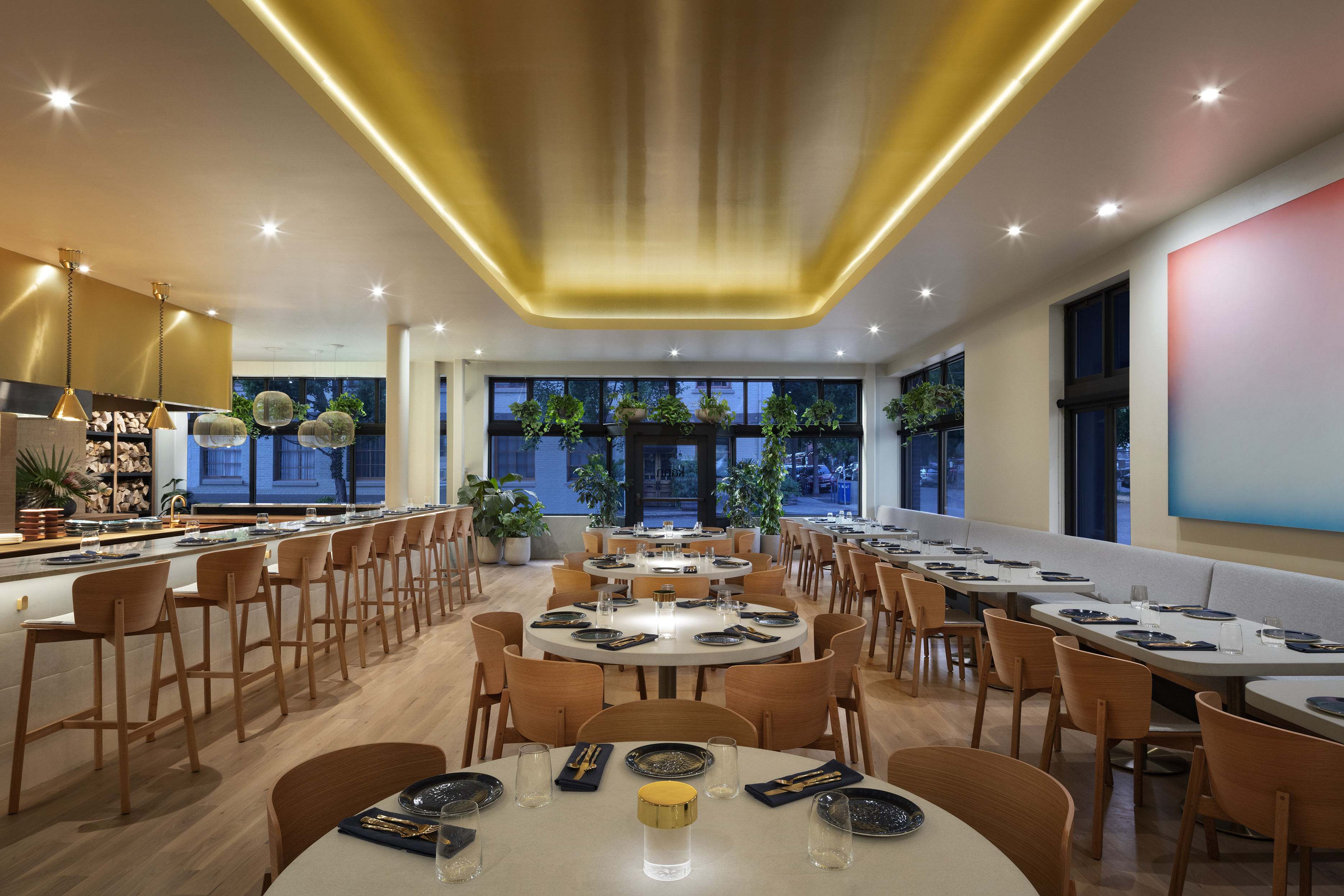How to Cook Food and Influence People

Image: MADDIE MASCHGER
W
hat makes a restaurant influential? Is it the caliber of the food or service? Is it the way its kitchen trains its chefs, the trends it starts? Is it how it leads by example, how it galvanizes copycats, here or elsewhere?
Over the past 25 years, the ways we talk about, or think about, the restaurant industry have changed profoundly. Restaurants are no longer settings, inoffensive backgrounds to important conversations or meetings or dates. They are attractions in their own right. Being “into restaurants” became its own hobby. Devout fans tracked chefs as they jumped from kitchen to kitchen like a basketball nerd following player trades. They clocked which dishes were referential like a book critic plucking allusions out of contemporary novels. Chefs were rock stars. People didn’t just go to restaurants; they made pilgrimages.
And all the while, what we identified as a “cool restaurant” also shifted. Out went the white tablecloths and dress codes; in came the counter service spots and gussied up fast-food dupes. And Portland was the epicenter of this shake-up, this new era of freewheeling culinary excellence. Chefs who sweated on the line of Michelin-starred kitchens opened food carts, hosted pop-ups, assembled sandwiches. Even the tasting menus involved pigeon leg churros or tuna in a can.
But over time, industry-wide cracks revealed themselves. Grueling 16-hour shifts. Screaming chefs, pan throwers. Substance use, mental health crises. Cooks plating Wagyu and foie gras who couldn’t afford to pay their rent. This is a business balanced on the teetering foundation of impossible standards, no room for a bad day or an off night.
Working on this issue, I thought about the class of restaurants we include here. They were not always perfect. Some stumbled; some closed. But they left a mark on this city and the industry writ large. More important, they affected the people who worked there, thanks to the tutelage of one great chef or the solidarity of their fellow cooks. They left and did their own thing, holding tightly to lessons learned, to make something that was their own, or something that changed the industry for the better. People went to these restaurants—to work there or to dine there—and left inspired. If that’s not what it means to be influential, I don’t know what is.
BROOKE JACKSON-GLIDDEN
Editor in chief




